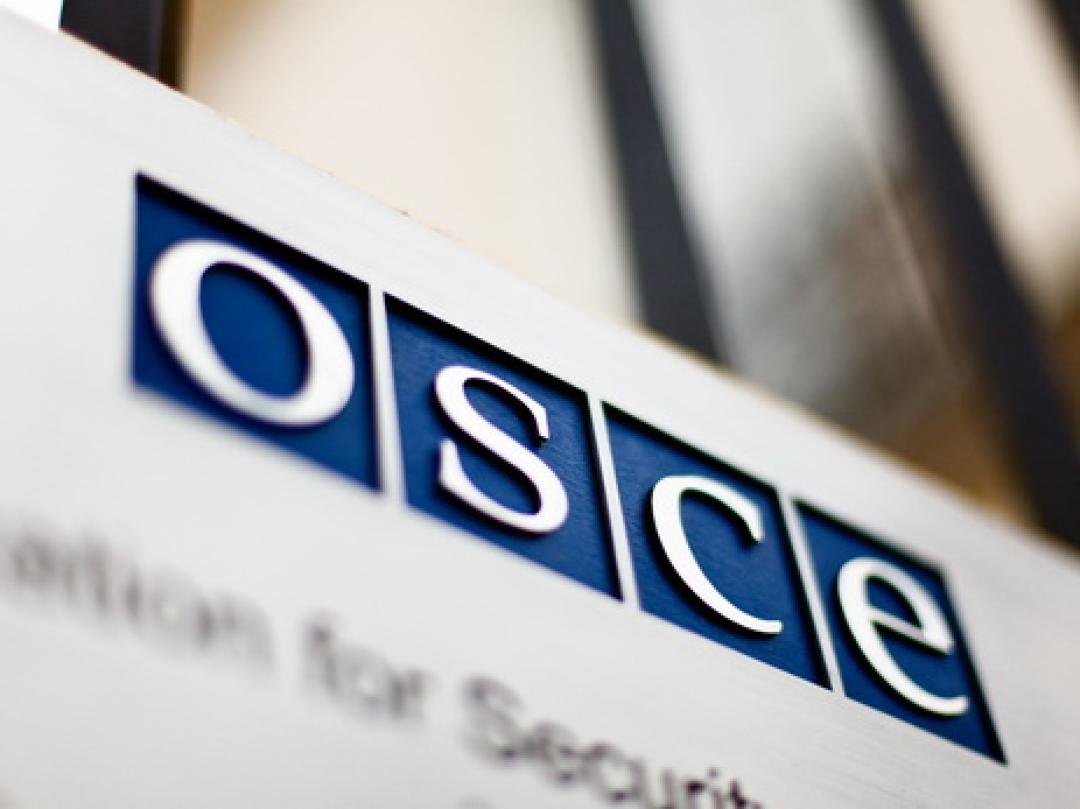
OSCE Raises Concerns Over Azerbaijan's Forthcoming Presidential Election

The OSCE Office for Democratic Institutions and Human Rights (ODIHR) Election Observation Mission (EMM) released its interim report on the early presidential elections in Azerbaijan. The interim report covers the periods December 29, 2023, to January 19, 2024.
The report stated that this election will be the first election to be held in the entire territory of the Republic of Azerbaijan. The document added several technical changes were made to the "Election Code" some time ago. "However, the amendments did not cover the previous recommendations of the OHCHR and did not eliminate the previously observed shortcomings. The decisions of the European Court of Human Rights have not been implemented, the two new laws, "On Media" and "On Political Parties," are declared to provide a favorable environment for the media and parties, but the interlocutors of the ODIHR SMM further narrow both laws for the freedom of expression and association. is perceived as having a purpose," the report noted.
Regarding the number of voters, the report added that the CEC declared 6,320,500 registered voters, which is more than a million voters compared to the most recent national elections held in 2020. The report added that the CEC attributes this to the influx of citizens following the COVID-19 pandemic and the war in Ukraine. The document mentioned that the CEC received 17 applications for the nomination of candidates and approved all of them.
"None of the candidates were women. Seven candidates were registered during the appointed period. The remaining 10 did not return the signature sheets with the required 40,000 signatures. Each of the other six candidates participating in these elections, along with the current president, has openly supported the president in the recent past," the document said.
The report's authors noted that the campaign has been weak so far. In addition, none of the main opposition parties, which are not included in the parliament, are participating in the election, and one of them is calling for a boycott. The main topics of the campaign are foreign policy and restoration of territorial integrity. It is noted in the document that some of the interlocutors of the DTIHB SMM are concerned about the negative impact on political participation and the competitiveness of this election due to the strict new requirements regarding the registration of political parties, as well as the previous phased changes related to the duration of the campaign, the requirements for the registration of 24 candidates and the lack of state funding for the campaign.
The document states that the Constitution guarantees freedom of expression, freedom of the media, and the right to access information, but the restrictions are not sufficiently defined.
See Also


Mirzoyan Meets US Deputy Assistant Secretary Joshua Huck

Azerbaijani President Holds Talks with UAE and German Business Delegations on Economic Cooperation

Grigoryan Confirms Armenia’s Readiness to Dissolve OSCE Minsk Group Upon Peace Treaty Signing

Azerbaijani Official Warns of Ecological Risks to Caspian Sea, Similar to Lake Urmia and Aral Sea

